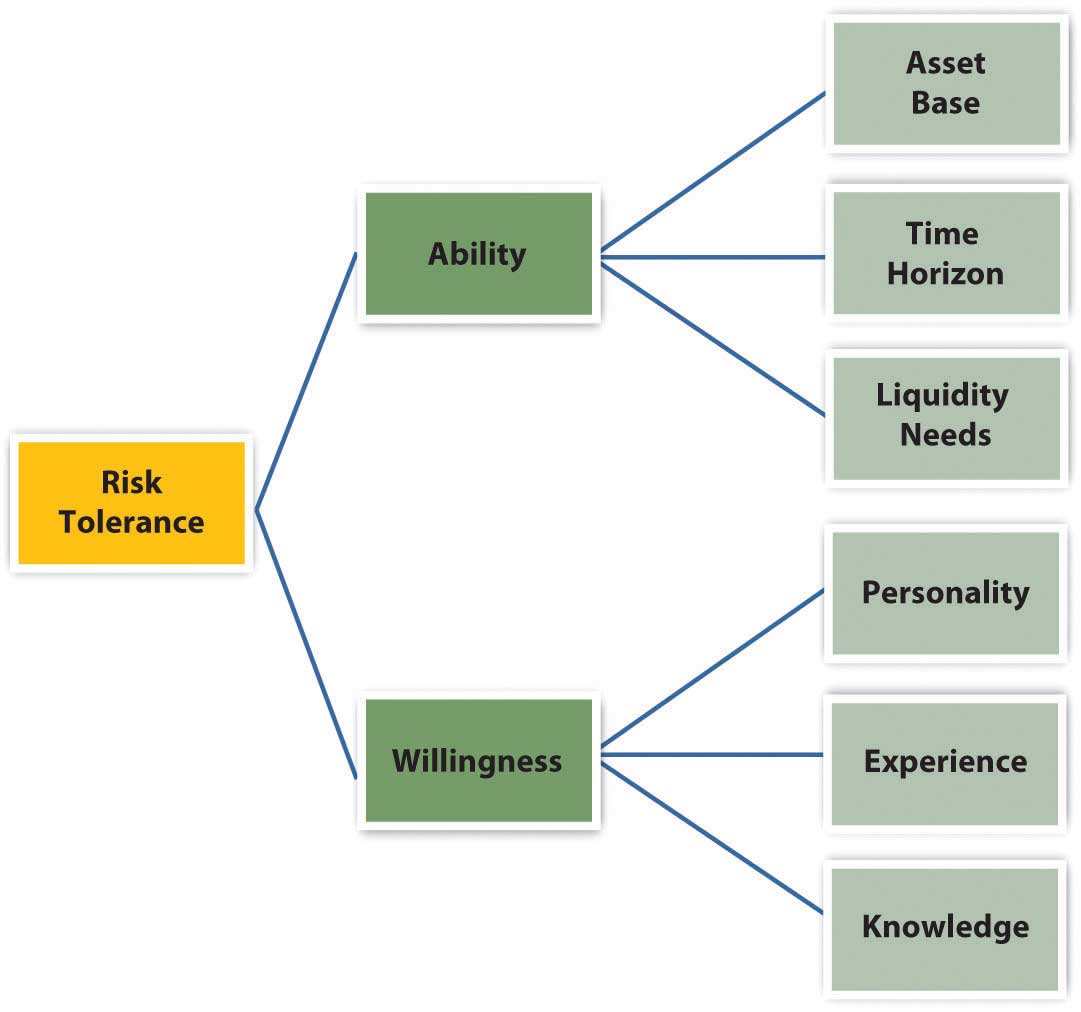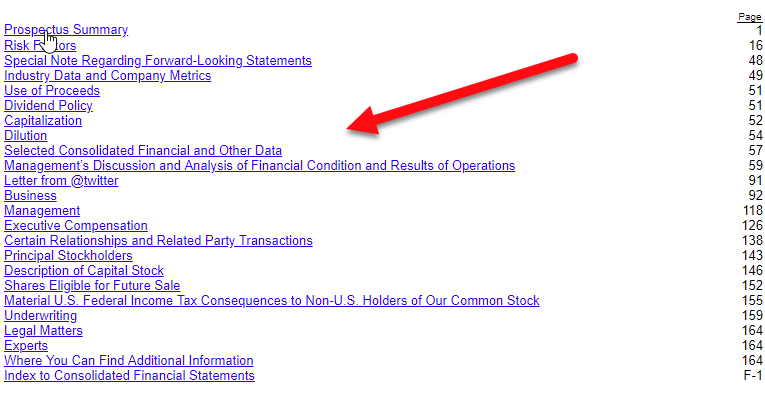Table of ContentsLittle Known Facts About What Is A Bond Finance Quizlet.See This Report on How To Find The Beta For A Bond FinanceSome Known Factual Statements About How To Create Bond Portfolio Yahoo Finance Excitement About How To Find The Beta For A Bond Finance
Businesses aren't the only entities that can provide bonds. Governments and towns offer them also. Let's look at how these kinds of bonds vary. Advertisement Federal Government Bonds: To money programs, satisfy their payrolls and basically pay their bills, governments problem bonds. Bonds from steady federal governments, such as the United States, are thought about extremely safe financial investments.
The U.S. federal government issues its own bonds from the treasury and from a number of government companies. Those growing in less than one year are called T-bills. Bonds that develop in one to ten years are T-notes, and those that take more than 10 years to grow are treasury bonds. In many cases, you do not have to pay state or regional income taxes on the interest they earn.
Munis finance things like hospitals, schools, power plants, streets, office structures, airports, bridges and so on. Municipalities generally provide bonds when they need more money than they collect through taxes. The excellent thing about municipal bonds is that you don't need to pay federal income taxes on the interest they earn.
While business bonds are a greater risk than government bonds, they can make a lot more money. There's likewise a much bigger choice of business bonds. The drawback is that you do need to pay federal earnings tax on the interest they earn. Specifically when investing in corporate bonds, it's essential to think about how dangerous the bond is.
You can research the provider's financial circumstance to see how strong its prospects are. This involves examining things like capital, debt, liquidity and the business's company plan. As fun as it sounds to look into these things, the majority of us don't have the time or skills to evaluate a corporation's financial situation precisely.
Their experts look into a business's scenario and determine a bond ranking for the business. Every rating service has its own formula for determining threat and its own kind of ranking scale. Typically, ranking scales are spelled out in letter grades, where an AAA ranking designates a safe, low-risk bond, and a D ranking designates a high-risk bond.
federal government bonds, are usually low-yield bonds. You can depend on getting a payment but that payment will be little. what is bond valuation in finance. On the other side of the spectrum, you have what's not-so-affectionately called, which are low-rated, high-risk bonds. In order to attract investors into buying these risky scrap bonds, the providing business guarantee high yields.
Get This Report about What Is Position Bond Finance
But if you do, you might make money in spades. Still uncertain about a few of the terms associated with bond financial investment? Examine out the glossary on the next page.
Bonds are loans made to big organizations. These include corporations, cities, and national governments. A private bond is a piece of an enormous loan. That's due to the fact that the size of these entities needs them to borrow cash from more than one source. Bonds are a kind of fixed-income financial investment. The other kinds of investments are money, stocks, products, and derivatives.
They vary according to who issues them, length until maturity, rates of interest, and risk. The most safe are short-term U.S. healthcare finance what is municipal bond. Treasury costs, however they also pay the least interest. Longer-term treasurys, like the criteria 10-year note, offer a little less threat and marginally greater yields. TIPS are Treasury bonds that safeguard against inflation.
They return a little more than Treasuries but are a bit riskier. Corporate bonds are provided by business. They have more danger than federal government bonds because corporations can't raise taxes to spend for the bonds. The risk and return depend upon how credit-worthy the business is. The highest paying and greatest threat ones are called junk bonds.
Up until then, the debtor makes agreed-upon interest payments to the bondholder. Individuals who own bonds are also called lenders or debtholders. In the old days, when people kept paper bonds, they would redeem the interest payments by clipping discount coupons. Today, this is all done electronically. Of course, the debtor pays back the principal, called the face worth, when the bond develops.
They can just do this since there is a secondary market for bonds. Bonds are either openly traded on exchanges or offered independently in between a broker and the creditor. Because they can be resold, the value of a bond rises and falls up until it grows. Think Of The Coca-Cola Company desired to borrow $10 billion from financiers to obtain a big tea company in Asia.
It releases each bond at a par worth of $1,000 and assures to pay pro-rata interest semi-annually. Through a financial investment bank, it approaches financiers who buy the bonds. In this case, Coke needs to offer 10 million bonds at $1,000 each to raise its wanted $10 billion before paying the costs it would incur. Each $1,000 bond is going to receive $25.00 per year in interest.
Top Guidelines Of What Is A Yankee Bond In Finance
If all goes well, at the end of ten years, the initial $1,000 will be returned on the maturity date and the bond will stop to exist. Bonds settle in two ways. First, you get income through the interest payments. Naturally, if you hold the bond to maturity, you will get all your principal back.
You can't lose your investment unless the entity defaults. Second, you can benefit if you resell the bond at a higher rate than you bought it. Often bond traders will bid up the cost of the bond beyond its face value. That would take place if the net present value of its interest payments and principal were higher than alternative bond financial investments.
Numerous individual investors choose to let an experienced fund supervisor select the very best selection of bonds. A bond fund can also reduce danger through diversity. This way, if one entity defaults on its bonds, then only a little part of the financial investment is lost. Some bonds, referred to as zero-coupon bonds, do not disperse interest earnings in the type of checks or direct deposit but, instead, are released at a specifically computed discount rate.
Over the long run, bonds pay a lower return on your investment than stocks. In that case, you may not make enough to surpass inflation. Investing only in bonds may not enable you to conserve enough for retirement. Business can default on bonds. That's why you need to check the shareholder's S&P ratings.
They could rapidly default. They must use a much higher rate of interest to draw in buyers. Although usually thought about "safe," bonds do have some threat. Credit danger describes the possibility of not receiving your promised principal or interest at the contractually ensured time due to the provider's failure or hesitation to distribute it to you.

The outright greatest investment-grade bond is a Triple-A rated bond. There is constantly a chance that the federal government will enact policies, purposefully or inadvertently, that cause widespread inflation. Unless you own a variable rate bond or the bond itself has some sort of integrated defense, a high rate of inflation can destroy your acquiring power.
When you invest in a bond, you understand that it's probably going to be sending you interest income regularly. There is a danger in this, however, because you can not forecast ahead of time the precise rate at which you will have the ability to reinvest the money. If interest rates have actually dropped substantially, you'll need to put your fresh interest income to work in bonds yielding lower returns than you had actually been delighting in.
What Is New Mexico Activities Or Expenditures Do The Bond Issues Finance "2017" for Dummies

This implies that as soon as you acquire them, you may have a hard time selling bonds at leading dollar. This is one of the factors it is often finest to limit the purchase of private bonds for your portfolio to bonds you intend to hold until maturity. For lots of people, valuing bonds can be confusing.
Simply put, the more demand there is for bonds, the lower the yield. That appears counter-intuitive. The reason depends on the secondary market. As people need bonds, they pay a higher rate for them. But the interest payment to the bondholder is fixed; it was set when the bond was first offered.
Put another way, the rate they paid for the bond yields a lower return. Financiers usually demand bonds when the stock exchange becomes riskier. They want to pay more to prevent the higher danger of a plunging stock exchange. Because bonds return a fixed interest payment, they look attractive when the economy and stock market decrease.